
The 71st edition of Australia’s Sydney Film Festival (SFF) closed on Sunday June 16 amid a wave of optimisim with a wealth of prizes, a likely rise in ticket sales, and an influx of young cinemagoers.
Ticket sales were estimated to be more than 10% up on last year, making 2024 the second biggest year on record after 2019.
“It’s been quite phenomenal and we feel very optimistic about the future,” said festival director Nashen Moodley. “We can’t tell with precision, but judging by which films sold, the younger demographic is increasing.”
Paola Cortellesi’s post-Second World War Italian melodrama There’s Still Tomorrow, won the A$60,000 Sydney film prize, the festivla’s main prize. The award for the “audacious, cutting-edge and courageous” film was announced by jury president Danis Tanovic at Sydney’s grand 1920s picture palace The State Theatre.
US director Alina Simone’s Black Snow, a portrait of Siberian eco-activist Natalia Zubkova, won the A$40,000 sustainable future award, the most valuable environmental film prize in the world. To highlight how climate change will most affect the future, Amanda Maple-Brown, the lead philanthropist behind the prize, brought her young son up on stage to announce the winner, while Simone accepted the prize with her daughter by her side in her pre-recorded acceptance speech.
The 11-minute First Horse set in 1820s New Zealand, beat out seven features and two other shorts to win the inaugural A$35,000 First Nations Award, the world’s largest cash prize for global indigenous filmmaking.
Welcome To Babel, director James Bradley’s 12-year study of Jiawei Shen and his monumental artwork focussed on China’s tumultuous recent history, won the A$20,000 documentary Australia award.
Buzzy films

Moodley singled out the Australian films he believed to have the most international potential among the world premieres. Two are documentaries – Paul Clarke’s Midnight Oil: The Hardest Line, about the Australian rock band, and Ian Darling’s The Pool, a love letter to Sydney’s iconic swimming pool, the Bondi Icebergs.
“[Midnight Oil] had a huge following around the world and the film played incredibly well on opening night,” said Moodley of Midnight Oil, the only local film in the main competition. “It’s incredibly well made, it’s thrilling to listen to that music again and it’s also a film about the transformation of a country. Many international filmmaker guests knew some of the tunes but didn’t know the band’s political history.”
He also pointed to Will Howarth and Tom McKeith’s In Vitro, a sci-fi set on a remote cattle farm.
Jenny Neighbour, the outgoing head of programmes and documentary programmer, highlighted three further documentary world premieres by Australian directors that played well with Sydney audiences: Rachel Lane’s Charmian Clift: Life Burns High, about the popular 1960s Australian writer that is set partly on the Greek island of Hydra; Madeleine Hetherton-Miau’s Mozart’s Sister, which explores the theory Maria-Anna Mozart played a larger role in her brother’s music than is previously known; and Van Alpert’s Skateboard, about a young boy who dreams of becoming a pro skateboarder.

Moodley said the Sydney screening of Jane Schoerbrun’s Sundance premiere I Saw The TV Glow was one of the most popular at the festival. “We kept adding additional screenings and they kept selling out,” he said. “Young audiences were desperate to see the film and it created incredible momentum.”
The genre film about a supernatural TV is one of four festival titles now screening post the official end of the festival, in the “back by popular demand” slot. It is joined UK director’s Clair Titley’s documentary The Contestant, about an extreme Japanese reality show, Lee Tamahori’s drama The Convert starring Guy Pearce and Logi Sigursveinsson and Smari Gunn’s documentary The Home Game, about an Icelandic football game.
Six films were acquired for Australian and New Zealand after screening at the festival: All We Imagine As Light (Rialto), Grand Tour (Potential), September Says and The Pool (Madman), Caught By The Tides (Little Monster), Ghost Trail (Vendetta). All but The Pool first played at Cannes.

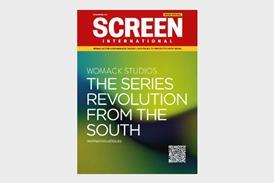
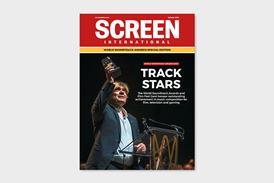




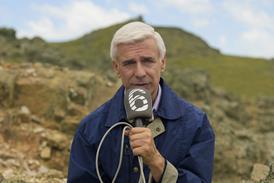


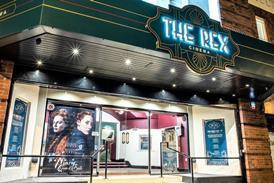





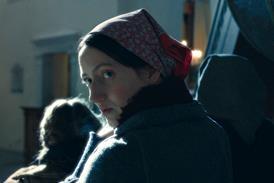








No comments yet